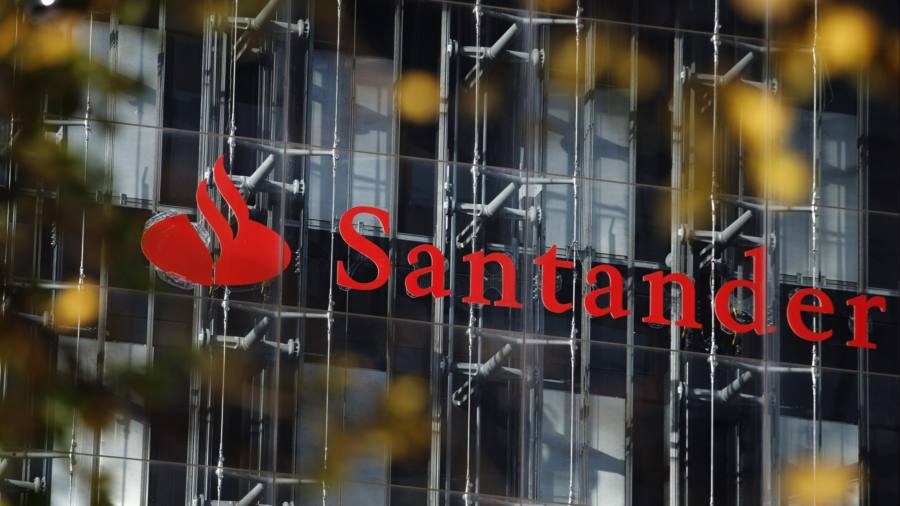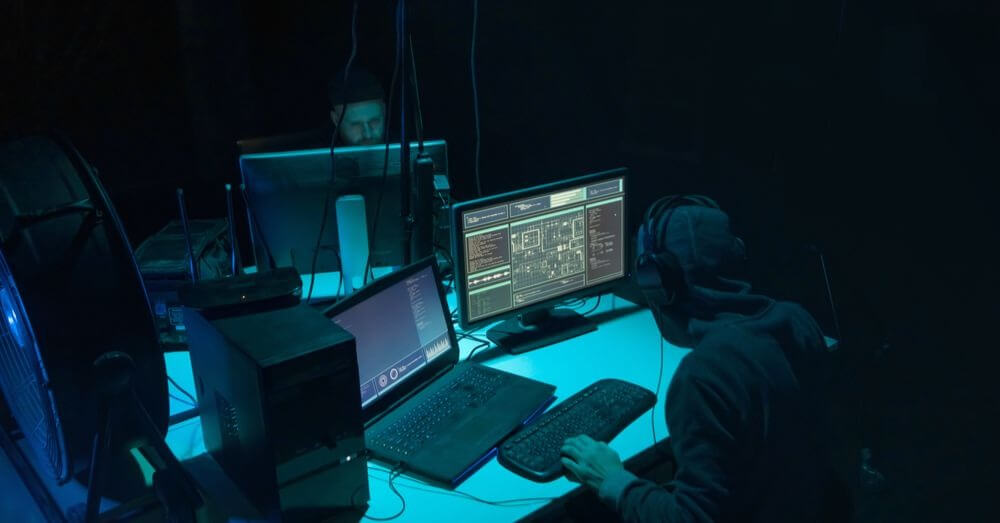The first thing Mervyn Davies did when Russian oligarch owners of LetterOne were sanctioned for their links to the Kremlin was to call in the decorators.
“We did it literally the next day. I rang them and said ‘I can’t pay you because we’ve got no money, nobody will process anything [but] can you come in on Friday?’” said Davies, chair of the London-based $25bn investment group.
“Inevitably, we struggled in the first week with every supplier. They didn’t want to know us. They didn’t want to talk to us. They weren’t returning our calls.”
The refurbishment — which included changing the art work and removing furniture from its Mayfair offices — was symbolically important to show the new direction at LetterOne, which was founded by sanctions-hit Russian oligarchs Mikhail Fridman, Petr Aven, German Khan, and Alexei Kuzmichev.
The Russian owners were cut off from any of the group’s decision making and operations following sanctions imposed after Russia invaded Ukraine, with their shares effectively frozen and dividends stopped. Staff with personal links to the Russians left immediately.
All of this was to serve one purpose: to secure the survival of LetterOne, a sprawling conglomerate of businesses that employs tens of thousands of people through investments including health food chain Holland & Barrett and a Spanish supermarket group. LetterOne has not been subject to sanctions, a point the group has been seeking to both prove and explain over the past year.
Talking in the group’s Mayfair offices, Davies, a former minister and chair of Standard Chartered who was made a peer in 2009, said the board had to move quickly to reassure its stakeholders.
“It’s the auditors, it’s the lawyers. It’s the investment banks. It’s everybody. We reached out to every regulator, every government said, ‘Look, we’re not sanctioned. Please confirm that. This is what we’re going to do. Is that OK?’”
Davies received personal attacks for staying with the company, but argued that had the board not remained, LetterOne’s businesses would have been under threat. “I don’t know what would have happened, but it would have been very ugly.”
The Russians still own the business but the board is no longer accountable to them, he said, which means an unusual amount of responsibility for the directors.
“It’s like running a big public company of $25bn, and you’ve got no owners. Here’s a company with huge liquidity, a giant conglomerate. But we have lost the shareholders. So effectively, the accountability is on me and others [on the board and management].”
“We cannot afford to make a mistake. It’s almost as if, when we started this journey, we had to mentally cut the umbilical cord [to its Russian owners]. We had to mentally say: Look, we’re now in charge of this thing, we’ve got to do what we think is right.”
On Friday, LetterOne will confirm the final steps for the necessary legal and structural changes to separate its operations from its owners, most of whom remain under international sanctions. The Russian investors have rejected the accusations of links to the Kremlin, and have promised to fight the sanctions.
LetterOne will bring in new board members, including Alex Gourley, former co-chief operating officer at Walgreens Boots Alliance, Linda Wilding, a former private equity executive, and Annalisa Jenkins, former president and chief executive of Dimension Therapeutics. Franz Humer, former chair of Diageo and Roche, joined the board in March.
Legal waivers are agreed, subject to regulatory approval, with its shareholders attesting they will have no operational links to the business or ability to benefit from its highly profitable investments through dividends.
The company is preparing to use some of the cash that would have gone to the shareholders for charitable giving and investment in areas with a societal benefit — in effect the next step to move on from its Russian owners after dealing with internal governance.
It has initially allocated $250mn, with $50mn already committed to Ukraine. “We’re going to be one of the largest charitable givers, certainly in the UK,” said Davies.
He admitted the year had not been easy. An interest payment due on debt linked to Holland & Barrett was held up in the EU over sanction concerns. LetterOne had a high profile dispute with a US private equity fund manager Pamplona that oversees billions of dollars of its cash.
But Davies said these conversations were better now. The relationship with Pamplona was again amicable, he said, and the company was thinking about its future.
He added that the board’s responsibility was now to the staff that worked for its businesses. UK retailer Holland & Barrett employs about 5,000 people, while about 120,000 jobs are supported through other investments in the UK, EU and US such as Spain’s Dia supermarket chain, telecoms group Turkcell and German energy group Wintershall Dea.
Davies said the group would seek to grow its existing companies, such as Holland & Barrett, and look to buy and invest in others.
It has recently bought back the debt behind Holland & Barrett at a discount from its bondholders, and Davies said there was “a huge opportunity in that business”.
He saw no way back for the Russian owners under the sanctions regime.
“I don’t mean this in a light hearted way. But in terms of the business what is happening with them is not my problem,” he said. “For them to come back into the company in any way, shape, or form, they’ve got to pass a fit and proper test. And for me, the bar on fit and proper test is pretty high now.”
Credit: Source link














